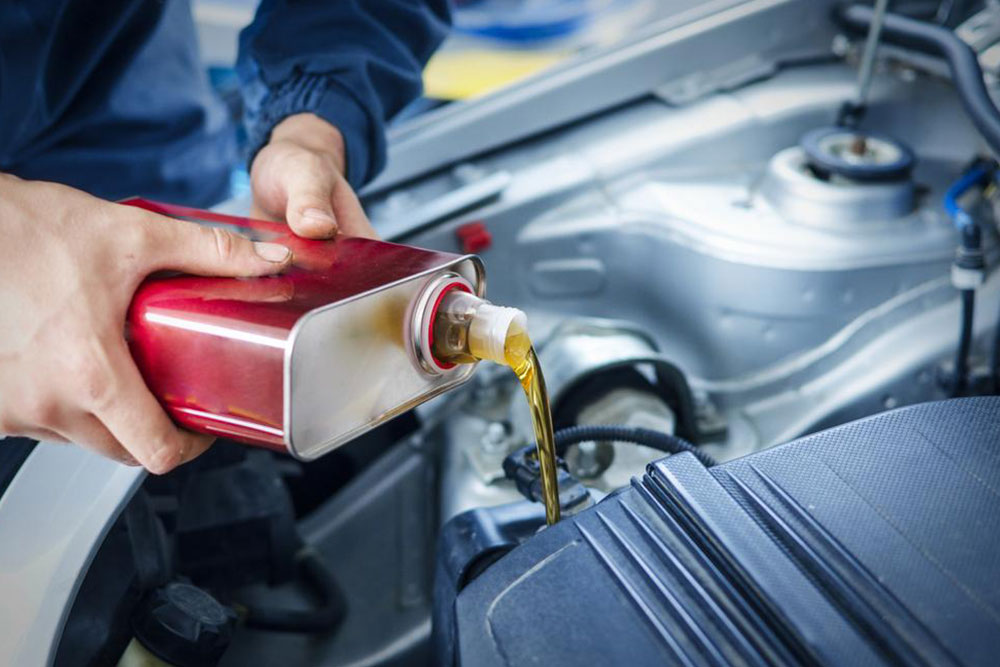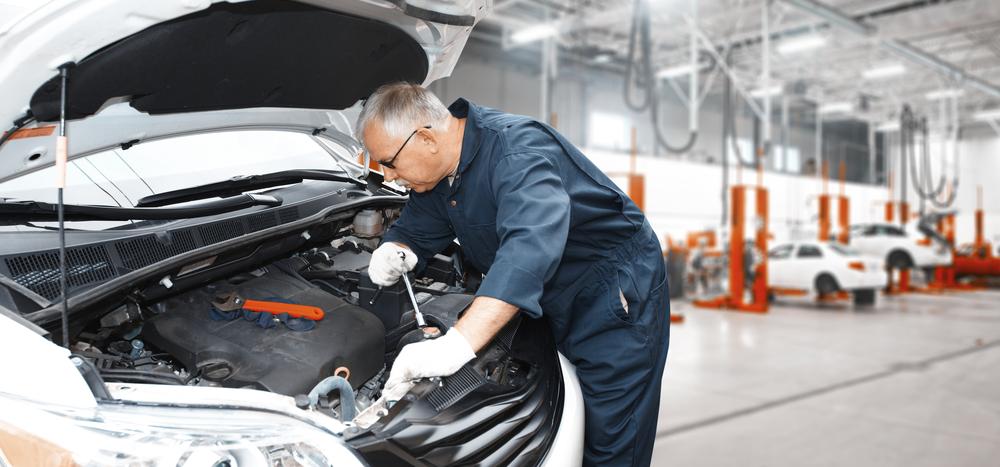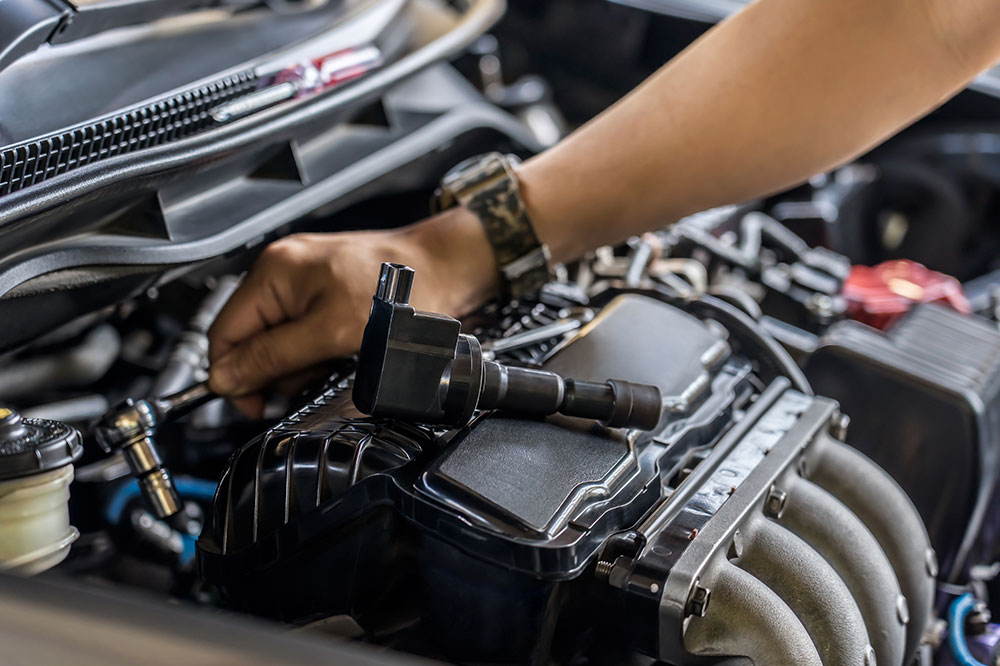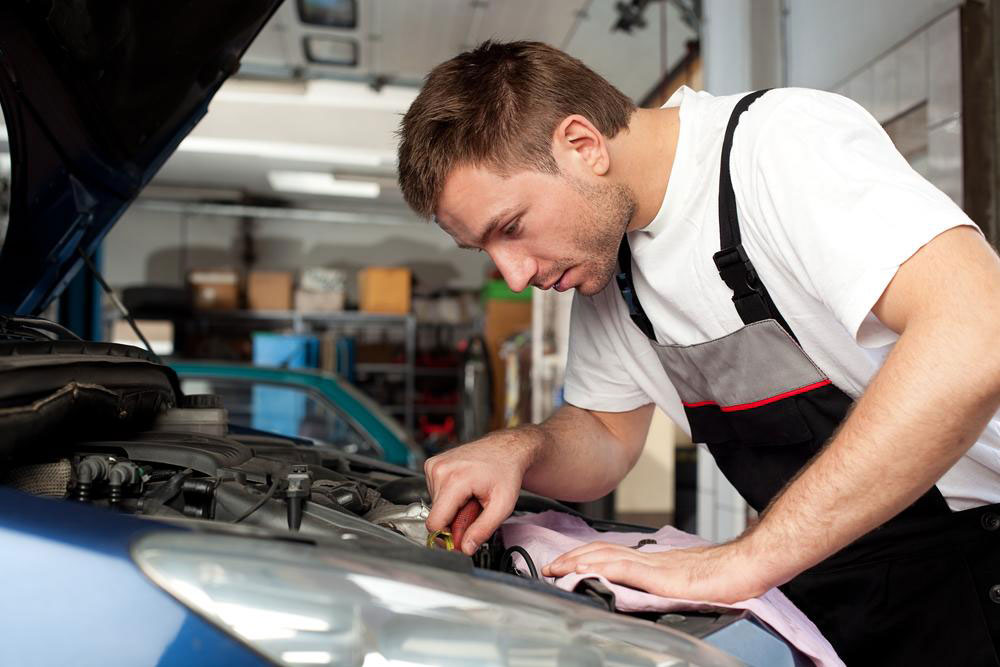Comprehensive Guide to Essential Car Maintenance for Longevity and Performance
Maintaining your vehicle properly is essential for ensuring its efficiency, safety, and longevity. From adhering to routine service schedules and replacing air filters to changing motor oil and maintaining proper tire pressure, this comprehensive guide covers all the key aspects of car upkeep. Regular maintenance not only prevents costly repairs but also enhances your driving experience and preserves your car's value. Learn practical tips and expert advice to keep your vehicle in top shape for years to come.

Comprehensive Guide to Essential Car Maintenance for Longevity and Performance
Owning a vehicle is a significant investment and a daily necessity for millions around the world. While purchasing a new car is exciting, maintaining it properly is crucial to ensure it remains reliable, safe, and efficient over the years. Many vehicle owners rely on professional services from authorized dealerships or auto repair shops, but understanding basic car maintenance can save money, prevent unexpected breakdowns, and extend your vehicle's lifespan. This comprehensive guide provides detailed insights and practical tips on how to keep your car in top condition through regular maintenance.
Maintaining your vehicle involves a combination of routine inspections, timely replacements, and proactive care. This not only preserves the resale value of your car but also ensures optimal performance and safety while on the road. Let’s delve into the essential car maintenance practices every vehicle owner should follow.
Adherence to Scheduled Servicing and Manufacturer Recommendations
One of the fundamental aspects of vehicle maintenance is following the manufacturer’s recommended service schedule. Your car’s owner’s manual provides critical information on when to perform specific tasks, such as oil changes, filter replacements, and inspections. Adhering to these intervals helps prevent major problems and keeps your vehicle running smoothly.
For example, routine inspections often include checking the condition of spark plugs, ignition wires, and timing belts. These components are vital for engine performance and efficiency. Neglecting timely replacements can lead to engine misfires, reduced power, or even mechanical failure. Keeping a maintenance log or records helps ensure you don’t miss important scheduled services and can help when selling your vehicle or during warranty claims.
Besides adhering to scheduled maintenance, choosing quality replacement parts is essential. Low-quality or counterfeit parts may save money initially but can compromise your vehicle's safety and durability in the long run. Always opt for OEM (Original Equipment Manufacturer) parts or trusted aftermarket options. Additionally, organize and store your service records properly to monitor your vehicle’s history and facilitate future maintenance or resale processes.
Regular Replacement of Air Filters
The air filter plays a crucial role in ensuring clean airflow into the engine, which directly impacts combustion efficiency. A clogged or dirty air filter restricts airflow, causing the engine to work harder, which can reduce fuel economy and increase emissions.
It is recommended to inspect and replace your air filters every six months or after approximately 6,000 to 10,000 miles, depending on driving conditions. Vehicles driven in dusty environments or in heavy traffic may require more frequent replacements. Maintaining a clean air filter not only improves engine performance but also extends the life of your engine components.
Vital Importance of Regular Motor Oil Changes
One of the most critical maintenance tasks is changing your car’s motor oil regularly. Motor oil lubricates engine components, reduces friction, and helps prevent overheating. Over time, oil degrades and becomes contaminated with dirt and debris, losing its effectiveness.
To keep your engine running efficiently, follow the manufacturer’s recommendation—usually every three months or every 3,000 to 5,000 miles. Some modern vehicles permit longer intervals with high-quality synthetic oils, but always consult your owner’s manual. Regular oil changes prevent engine wear, reduce the risk of breakdowns, and can improve fuel efficiency.
Maintaining Proper Tire Pressure for Safety and Efficiency
Correct tire pressure is vital for vehicle safety, handling, and fuel economy. Under-inflated tires can cause uneven tread wear, reduce traction, and increase the likelihood of blowouts or flats. Over-inflated tires may result in a harsher ride and uneven contact with the road, affecting braking and cornering.
It’s recommended to check your tire pressure at least once every three months and before long trips. Use a reliable tire pressure gauge and refer to your vehicle’s manual or the placard inside the driver’s door for the correct PSI (pounds per square inch). Don’t forget to check the spare tire regularly, as it’s often neglected but critical during emergencies.
Keeping Your Vehicle Clean and Protected
Regular washing and waxing are not just about aesthetics—they are vital for preserving your vehicle’s paintwork and preventing rust. Dirt, bird droppings, leaves, and chemical residues can erode the paint if not removed promptly.
Use appropriate cleaning products designed for automotive finishes and apply wax periodically to create a protective barrier against environmental damage. Washing your car every two weeks or more frequently in harsh conditions helps maintain its appearance and resale value. Additionally, parking in shaded areas or using a cover can further protect your vehicle from harsh weather conditions and UV rays.
In summary, routine maintenance is the cornerstone of vehicle reliability, safety, and longevity. From following the manufacturer’s schedule to performing simple checks at home, vehicle owners can significantly reduce costs and avoid inconvenient breakdowns. Invest time in understanding your car’s needs, perform periodic inspections, and seek professional help when needed. Proper care extends your vehicle’s life, improves driving experience, and helps retain its value over time.





